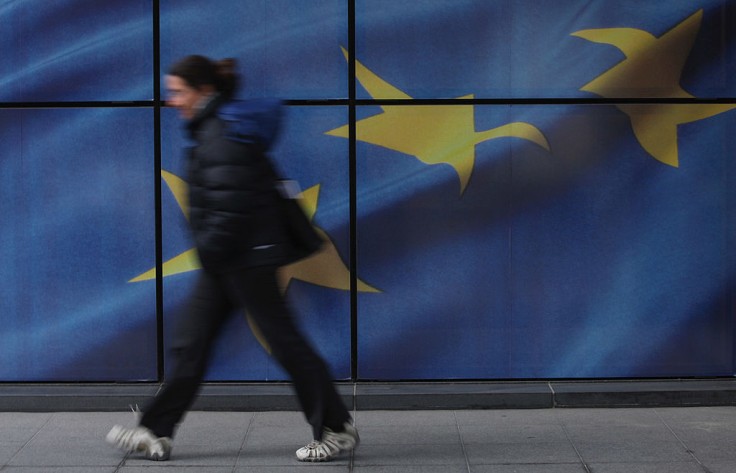Europe is taking a step forward ahead of the US as the region grows closer to adopting a unified rule to regulate AI development and application.
Several European Commission member countries have given their support last Friday to the proposed Artificial Intelligence Act, setting the record for the first global standard on the new technology.

France and Germany became the latest countries to endorse the act after most countries expressed support last December.
The French government previously opposed the regulations, citing concerns on balancing between transparency and trade secrets in reducing risks produced by AI.
The rules, which were first raised three years ago, will help regulators assess the risks of AI models and limit their uses accordingly.
EU industry chief Thierry Breton is enthusiastic about the current progress of the regulation as it shows the bloc recognizes "the perfect balance found by the negotiators between innovation and safety."
On the other hand, the lobbying group Computer & Communications Industry Association, which represents tech giants like Google, Amazon, Apple, and Meta cast doubts on the regulation.
The group hinted that the AI Act could "slow down the development and roll-out" of AI in the bloc.
Many of the corporations that are under the group have been prominent developers of AI in the tech industry, much to regulators' scrutiny.
Regulators Push to Implement AI Rules Sooner Due to Deepfakes
The increasing pace in the EU's move to manage AI development and distribution in the bloc follows after governments heightened calls against deepfakes.
EU digital chief Margrethe Vestager recently spoke about the viral AI-generated images of pop singer Taylor Swift on the urgent necessity of such rules to be implemented.
#FlashbackFriday : https://t.co/OENScQHWlt
— Margrethe Vestager (@vestager) February 2, 2024
👉 What happened to @taylorswift13 tells it all: the #harm that #AI can trigger if badly used, the responsibility of #platforms, & why it is so important to enforce #tech regulation.
Cudos to all #swifties for ringing the alarm 🔔
Several rights groups, watchdogs, and agencies have raised concerns about the recent trending images of Swift and the damage it poses to both officials and regular citizens.
A committee of EU lawmakers is set to decide on the fate of the act on Feb. 13, with another hearing in March or April under the European Parliament.
US Lags Behind AI Regulations
The latest development in the EU's progress in regulating AI is a hit to the US lagging in implementing its rules on the technology.
The US government's effort to manage the growing AI industry within the country has been met with several delays as companies continue to oppose
In 2023, the federal government recorded an 185% spike of lobbyists on AI use, testing, and development amid increasing calls for its regulations.
As of writing, the Department of Energy, the agency tasked with planning rules to mitigate AI dangers, is still soliciting responses from companies following its recent proposal.
Related Article : AI Lobbying Increased by 185% Amid Calls for Industry Regulations









